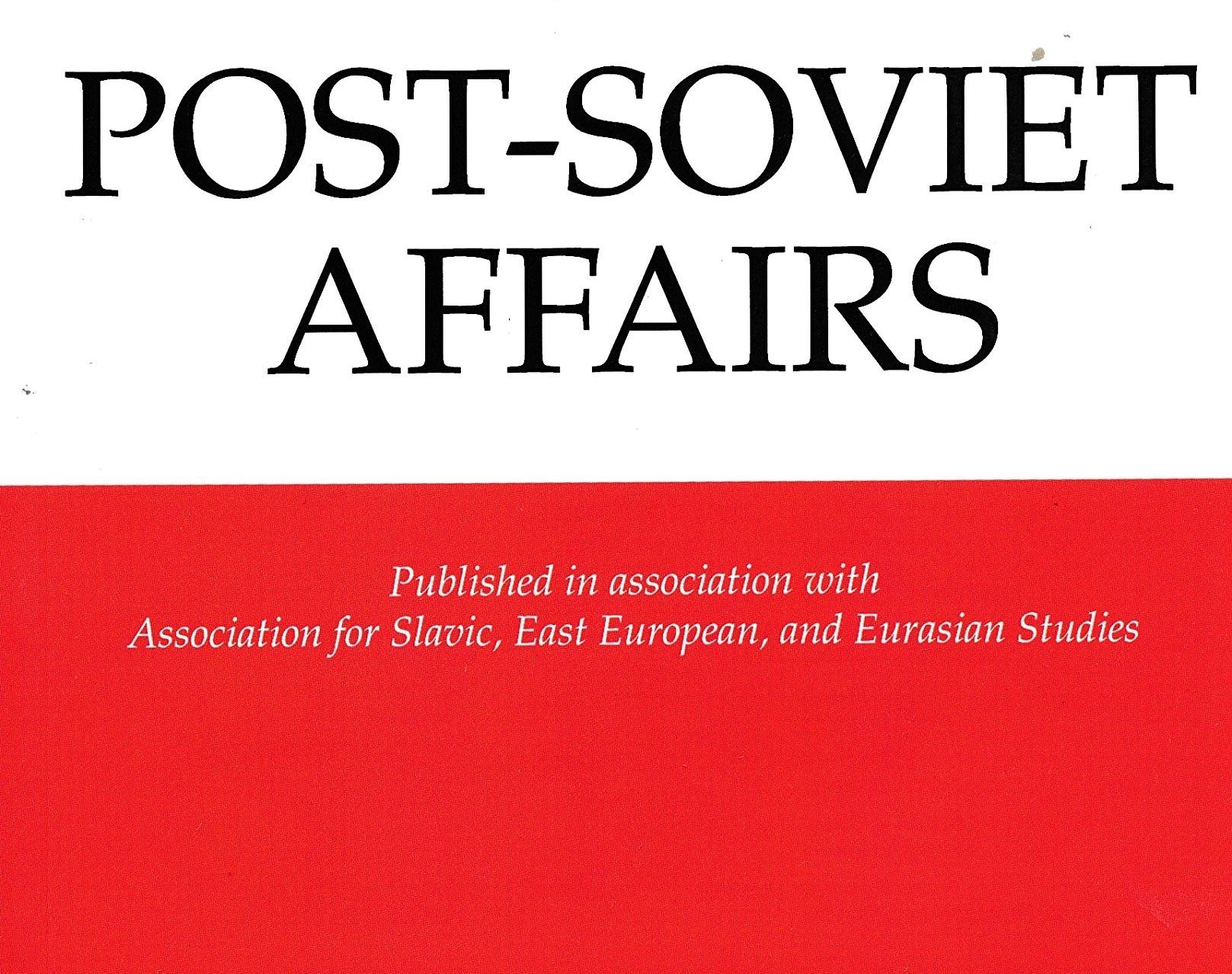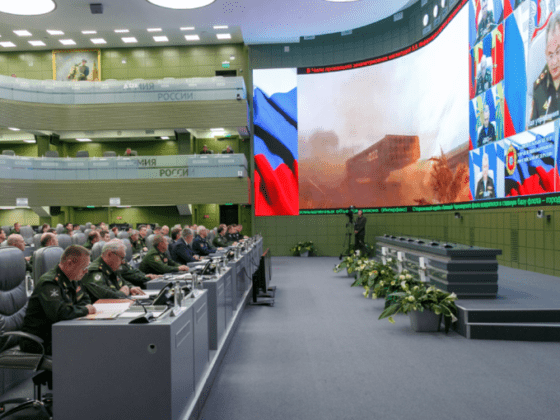(Post-Soviet Affairs) Although a vibrant literature on mass public opinion in Russia emerged in the wake of communism’s collapse in the USSR, the systematic investigation of elite attitudes using survey research has lagged conspicuously behind. This gap is particularly noticeable in the realm of foreign policy. Scholars have made strides in analyzing how the country’s key decision-maker, Vladimir Putin, views the world (e.g., Taylor 2018), yet there is a paucity of research on what shapes the foreign policy attitudes of officials who occupy positions a rung or two down from Putin – much less of those who possess elite status in the economic, military, media, and education spheres. We know precious little about how these individuals arrive at their opinions of the outside world, what ideological and informational factors constrain and shape their foreign policy views, and whether and why their attitudes diverge from those of the mass public. Designed to fill this gap in our knowledge, this special double issue of Post-Soviet Affairs examines the attitudes of Russian elites toward a wide range of foreign policy matters based on a unique survey research project spanning more than two decades. […]
Read More © Post-Soviet Affairs
Contents
Introduction: new directions in survey research on Russian elites
♦ By Sharon Werning Rivera & William Zimmerman
♦ By Noah Buckley & Joshua A. Tucker
Digital media and perceptions of the United States among the Russian elite, 2004–2016
♦ By Olesya Tkacheva
♦ By Henry E. Hale
Militant internationalism and dogmatism among foreign policy elites: evidence from Russia, 1995–2016
♦ By Kirill Zhirkov
Ideology among Russian elites: attitudes toward the United States as a belief system
♦ By Danielle N. Lussier
Do elites matter in Russian foreign policy? The gap between self-perception and influence
♦ By Kirill Petrov & Vladimir Gel’man
Neo-Eurasianism and the Russian elite: the irrelevance of Aleksandr Dugin’s geopolitics
♦ By Kirill Kalinin
Moscow elites and the use of coercive foreign policy
♦ By Elena Bashkirova, Tamara Litikova & Dina Smeltz











